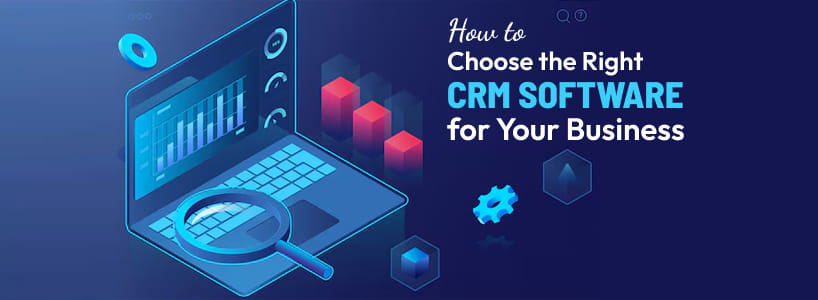In todays competitive landscape, understanding and managing customer relationships is essential for business growth. This is where Customer Relationship Management (CRM) software becomes a vital tool. It streamlines your sales, marketing, and support efforts, offering a centralized platform to handle all customer-related data and communication. However, with numerous CRM solutions available in the market, selecting the right one can be overwhelming. Heres a step-by-step guide to help you make the best choice.
1. Define Your Business Needs
Before choosing a CRM, outline your goals. Do you need it for sales automation, lead tracking, email marketing, or customer service? A small business might need a simple CRM focused on contact management, while a large enterprise could require complex integrations and workflow automation. Clearly identifying your needs helps narrow down suitable options.
2. Consider User-Friendliness
A CRM is only effective if your team can use it efficiently. Choose a platform with an intuitive interface and easy navigation. Make sure it requires minimal training and comes with reliable customer support. A complicated system might lead to low adoption, rendering the investment useless.
3. Check for Integration Capabilities
The CRM software you choose should integrate seamlessly with the tools you already usewhether its email platforms, ERP systems, or accounting software. This ensures a smooth workflow and avoids data silos. For example, if you rely on email marketing tools, ensure the CRM can sync data and automate campaigns without manual intervention.
4. Evaluate Customization and Scalability
Your business will grow, and so will your CRM needs. Opt for software that is easily customizable to adapt to changing workflows, user roles, and reporting requirements. Scalability ensures your CRM remains useful as your team and customer base expand.
5. Focus on Data Security
Since a CRM handles sensitive customer data, security is a top priority. Choose a platform that offers encryption, role-based access, regular backups, and is compliant with industry standards. Cloud-based CRMs often come with built-in security protocols to keep your data safe.
6. Compare Pricing Plans
CRM solutions come in various pricing tiersfree, subscription-based, and enterprise-level plans. Compare the cost with the features offered. Sometimes, free or low-cost CRM tools offer limited functionality, so assess if the pricing aligns with your long-term business goals and ROI.
7. Test Before You Invest
Most CRM vendors offer a free trial. Use this period to test its usability, features, and compatibility with your operations. Gather feedback from team members who will use the tool daily.
Conclusion
Choosing the right CRM software is a strategic decision that can impact your customer satisfaction, sales performance, and business efficiency. By evaluating your needs, comparing features, and planning for the future, youll be better positioned to pick a CRM that truly supports your business goals.
